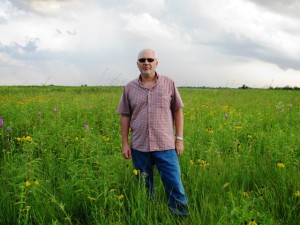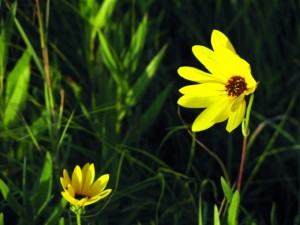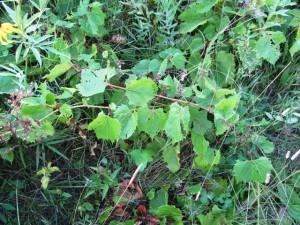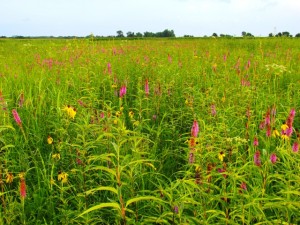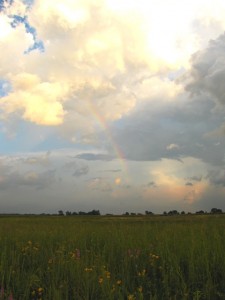Driving from Ames to Des Moines last week, my friend Tom told me about Harvard’s Glass Flowers — more officially the Ware Collection of Blaschka Glass Models of Plants. It’s a fascinating story. They…
…are a set of approximately 3,000 life-size models of plants made out of glass, with occasional bits of wire, paint, and glue. The collection is owed by Harvard University, where the models are on display in the Harvard Museum of Natural History. George Lincoln Goodale, the first director of the Harvard Botanical Museum, commissioned the models in 1886 from Leopold and Rudolph Blaschka, a father and son team of glassmakers based in Hosterwitz, near Dresden. The Blaschkas produced the models over 50 years, Leopold until his death in 1895 and Rudolph until his retirement at age 79 in 1936.
They’re not just beautiful, they’re supposed to be useful too, aids to the study of tropical botany in particular.
There are many fruits and fibers in the collection, Rossi-Wilcox explained, 1 as well as other “useful” plants. “The Botanical Museum’s whole mission is ‘economic botany.’ Cotton, silk, the food we eat … We’re this odd little sister of taxonomy. The point of making this collection was to make people understand plants that were common in their lives.”
Some of the latest — and the best — of the Blaschka models are the series Rudolf made on the diseases of fruit trees. The “rotten fruit” series, Rossi-Wilcox affectionately called them. “They are the most spectacular models he made,” she said. “They’re animated, realistic. The cut sections don’t have the mealiness of real disease, but as fruit, he’s got it — all the little weirdnesses of the colors. Anyone who has fruit trees has seen these things.
I can’t find a full list of the “164 plant families, totaling 847 species and plant varieties” represented by the models. But I have found photographs of Musa paradisiaca, Prunus armeniaca and Gossypium herbaceum. And there is also an Emperor Alexander Apple “affected by apple scab disease”. So agrobiodiversity seems to be well represented.
